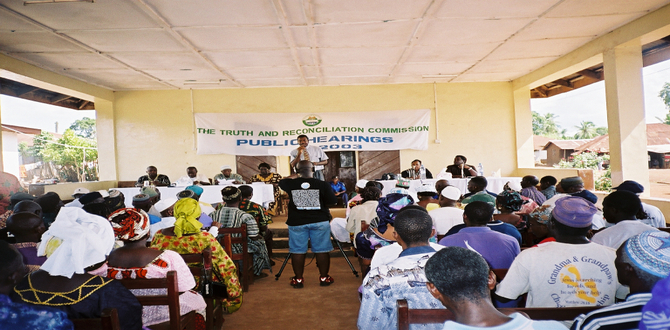Reviewed by Ed Reed
Sudan provided a proof of concept for Asian NOCs to move from serving domestic demand only, to engaging with all the profits – and problems – that come from international exploration and production, replacing a traditional Western super-major, Chevron. Since production started up in 1999, though, Asian NOCs have evolved, while the Sudanese and South Sudanese are still failing to benefit from their oil-based windfalls. As unrest continues in South Sudan, following allegations of a coup in late 2013, the prospect of more investment seems increasingly unlikely, let alone a new export pipeline to the Kenyan coast.
Luke Patey’s The New Kings of Crude: China, India and the Global Struggle for Oil in Sudan and South Sudan charts the rise of Asian involvement in Sudan, and later South Sudan, with a particular focus on China National Petroleum Corp. (CNPC), and its listed subsidiary, PetroChina. CNPC owns an 87% stake in PetroChina, with this subsidiary providing 95% of its profits.
The book does draw in some other NOCs, India’s ONGC Videsh ltd (OVL), Malaysia’s Petronas and another Chinese company, massive refiner Sinopec, but the emphasis is on CNPC.
China’s NOCs are often seen as manifestations of the Chinese state, embodying the central doctrines of Beijing in their quest to secure supplies for more than one billion Chinese people, but Patey taps into the deeper complexity of CNPC and its relationship with the state.
Opportunity missed
Sudan’s emergence as an oil producer could all have been very different. Originally, Chevron had been scheduled to explore and develop the oil potential of Sudan, with the US company drilling its first well in the country in 1977 and celebrating the Heglig and Bentiu finds in the early 1980s. However, Chevron pulled out in 1992, losing virtually all of its billion dollar investment on its exit. CNPC entered in 1995 with exports starting in 1999.
China’s tolerance for risk, and its ability to ignore foreign protests at supporting the Khartoum government, was essential in bringing about development so quickly. However, Patey suggests that CNPC’s priorities have changed since its Sudanese entry. The company is more attuned to political sentiment, driven in part by its increasing interest in US links, coupled with increasing danger in Sudanese work. China, too, has backed away from its previously full-chested support of Sudan, with Beijing’s decision not to intercede to stop the international arrest warrant against Sudanese President Omar al-Bashir casting a distinct chill over relations.
The Asian NOCs are increasingly driven by technological challenges, rather than a willingness to engage with frontier risk, manifesting via investments in North American shale and LNG projects.
Riding out risk
Patey identifies the “10.18 incident”, in which a number of Chinese workers died during an attack by Misseriya fighters in October 2008 as the turning point for Chinese perceptions of risk. The attack came shortly after the ONLF attack on a Chinese services company in Ethiopia in May 2007. It was these incidents that demonstrated to Chinese companies that the model of government-to-government deals could not remove participants from the politics of local conflicts.
Patey links this idea, that a NOC can avoid local politics, to China’s internal politics where CNPC held substantial sway through the “petroleum faction”, which included a number of high-powered luminaries such as Zhou Yongkang, who ceremonially turned on the taps to start oil flowing from the Heglif field in 1999. This petroleum faction though has lost its sway with the rise to power of China’s current president, Xi Jinping, with Zhou recently – shockingly – accused publicly of corrupt practices.
In many ways, Patey’s book has similarities to Steve Coll’s Private Empire, on ExxonMobil. Both companies are publicly seen as driven by the ambitions and hopes of their home countries. Such a view, though, is simplistic. Both companies are happy to use the political sway available to them but both also find their own path when it suits them.
Patey’s book reveals much of the conflict and tensions that have allowed CNPC’s assent, from parochial producer to international powerhouse and the way in which Sudan was critical to the NOC, both as a testing ground and a profit driver. While CNPC has largely outgrown Sudan and South Sudan, Juba and Khartoum, and their respective NOCs, Nilepet and Sudapet, have failed to make much benefit of their oil revenues – and there is no sense that things are improving.
The New Kings of Crude: China, India, and the Global Struggle for Oil in Sudan and South Sudan by Luke Patey
Published by Hurst
ISBN: 9781849042949
Ed Reed is the editor of NewsBase’s Africa oil and gas-focused report, AfrOil.







1 Comments